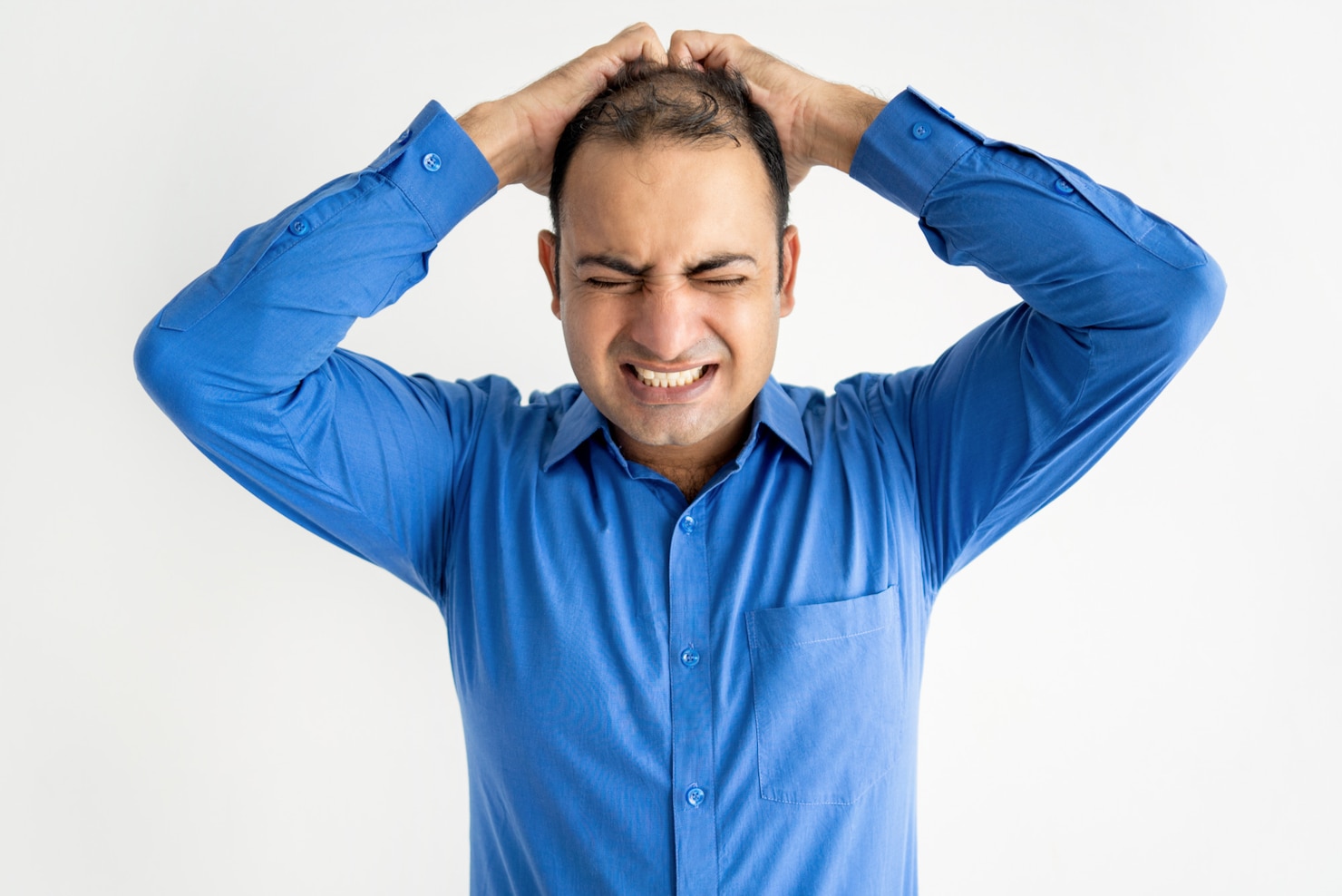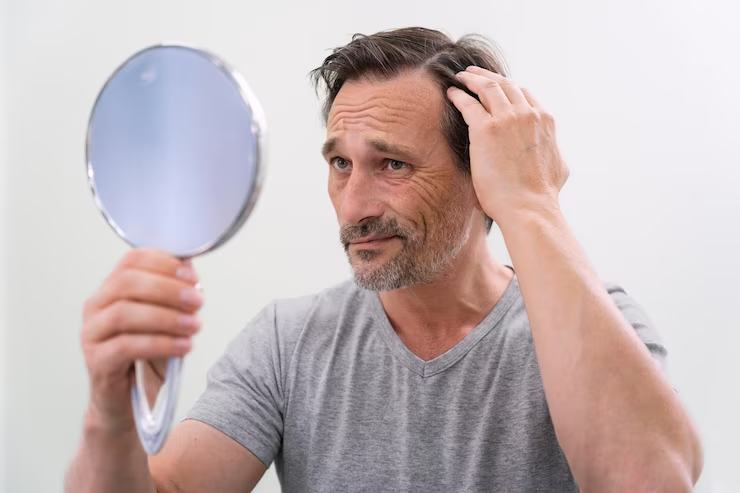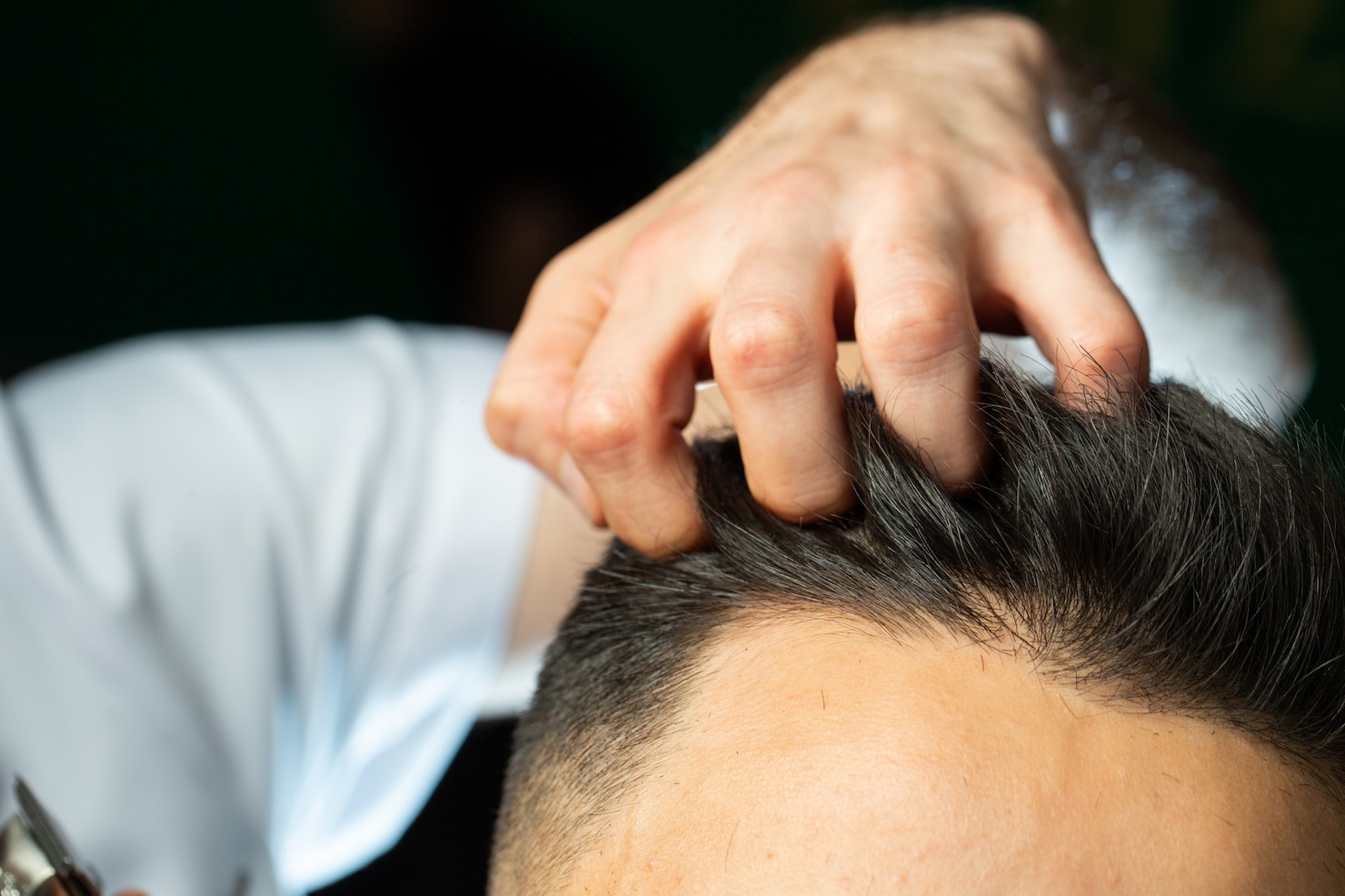
Understanding the Link Between Itchy Scalp and Hair Growth Potential
The Science Behind Itchy Scalp and Hair Growth
When it comes to understanding the link between an itchy scalp and hair growth potential, delving into the scientific aspects can shed light on this intriguing connection. Scientists have discovered that an itchy scalp can actually be a sign of increased hair growth potential. This phenomenon is attributed to various factors at play within the scalp environment.
Firstly, the itchiness can be an indication of increased blood flow to the scalp. Itching often occurs due to the dilation of blood vessels, which allows for improved nutrient and oxygen delivery to the hair follicles. This enhanced blood circulation nourishes the hair follicles, promoting their health and stimulating hair growth.
Factors Influencing Itchy Scalp and Hair Growth
Several factors can influence the occurrence of an itchy scalp and its impact on hair growth potential. One significant factor is the balance of sebum production. Sebum, the natural oil produced by the scalp, helps moisturize and protect the hair and scalp. However, an excess or deficiency of sebum can disrupt this balance, leading to the dryness of scalp or excessive oiliness, both of which can contribute to itchiness and potentially affect hair growth.
Another factor to consider is the presence of scalp conditions such as dandruff or seborrheic dermatitis. These conditions can cause itching and irritation, hindering hair growth. Additionally, external factors like environmental pollutants, harsh hair care products, and styling practices can also contribute to scalp itchiness and potentially impact hair growth potential.
Key Takeaway:
Understanding the link between an itchy scalp and hair growth potential involves delving into the scientific aspects. Increased blood flow, immune system response, sebum balance, and scalp conditions are all key factors to consider. By addressing these factors and maintaining a healthy scalp environment, you can optimize your hair growth potential.The Importance of Maintaining a Healthy Scalp

Image Source: FreePik
Your scalp plays a crucial role in the health and vitality of your hair. By understanding the significance of scalp health, you can effectively nurture and support optimal hair growth. Let's explore why maintaining a healthy scalp is essential and how common scalp conditions can impact your hair.
The Role of Scalp Health in Hair Growth
Your scalp serves as the foundation for healthy hair growth. It is the nutrient-rich soil from which your hair follicles thrive. A healthy scalp provides an optimal environment for hair follicles to receive essential nutrients and oxygen, promoting robust and vibrant hair growth.
A well-nourished and balanced scalp supports the natural hair growth cycle. It allows the hair follicles to progress through the anagen (growth) phase, catagen (transitional) phase, and telogen (resting) phase in a harmonious manner. When the scalp is healthy, the hair follicles can stay in the growth phase for a longer period, resulting in longer and fuller hair.
Common Scalp Conditions and Their Impact on Hair Growth
Unfortunately, various scalp conditions can disrupt the delicate balance of scalp health and negatively impact hair growth. Conditions such as dandruff, seborrheic dermatitis, scalp psoriasis, and folliculitis can cause inflammation, itchiness, and irritation, creating an inhospitable environment for hair follicles.
When the scalp is afflicted by these conditions, the hair follicles may become weakened, leading to hair loss or stunted growth. An itchy and inflamed scalp can also prompt excessive scratching or rubbing, which can damage the hair shafts by inflicting local trauma and further exacerbating hair loss.
Key Takeaway:
Maintaining a healthy scalp is vital for promoting optimal hair growth. A nourished and balanced scalp provides a favorable environment for hair follicles to thrive. Understanding common scalp conditions and their impact on hair growth can guide you in effectively caring for your scalp and nurturing healthy, luscious hair.Effective Hair Care Practices for a Healthy Scalp
To maintain a healthy scalp and promote optimal hair growth, incorporating effective hair care practices is essential. By following these practices, you can nurture your scalp, balance moisture levels, and support a thriving environment for your hair follicles.
Regular Cleansing and Exfoliation
Proper cleansing and exfoliation are foundational steps in maintaining a healthy scalp. It's important to wash your hair regularly to remove dirt, excess oil, and product buildup that can clog hair follicles and impede healthy hair growth. Choose a gentle shampoo that is suitable for your scalp type and hair condition.
In addition to cleansing, exfoliating your scalp is a beneficial practice. Exfoliation helps remove dead skin cells, unclog follicles, and promote better absorption of hair care products. You can use a scalp scrub or a soft-bristle brush to gently massage your scalp in circular motions, stimulating blood flow and promoting a healthier scalp environment.
Balancing Scalp Moisture and Oil Production
Maintaining the right balance of moisture and oil production on your scalp is crucial for scalp health and hair growth. If your scalp is dry, it can lead to itchiness, flakiness, and even hair breakage. On the other hand, excessive oiliness can contribute to scalp inflammation, clogged follicles, and hair thinning.
Remember to avoid excessive heat styling, as high temperatures can strip moisture from your scalp and hair. It's also beneficial to protect your scalp from harmful UV rays by wearing a hat or applying scalp sunscreen when exposed to the sun for prolonged periods.
Key Takeaway:
Incorporating effective hair care practices such as regular cleansing, exfoliation, and balancing scalp moisture and oil production is essential for maintaining a healthy scalp. By nurturing your scalp and creating a harmonious environment, you can support optimal hair growth and achieve healthier, more vibrant hair.Nutritional Factors for Promoting Hair Growth

Image Source: FreePik
Your diet plays a significant role in the health and growth of your hair. By incorporating essential nutrients and making certain diet and lifestyle modifications, you can support a healthy scalp and promote optimal hair growth.
Essential Nutrients for Hair Health
It's important to ensure you're getting an adequate intake of key nutrients to nourish your hair follicles and promote healthy hair growth. These include:
- Protein:
Hair strands are primarily composed of protein, making it essential for strong and healthy hair. Include lean meats, poultry, fish, eggs, legumes, and nuts in your diet to meet your protein needs.- Omega-3 Fatty Acids:
These healthy fats contribute to scalp health and can help reduce inflammation. Incorporate sources such as fatty fish (salmon, sardines), walnuts, chia seeds, and flaxseeds into your meals.- Vitamins and Minerals:
Certain vitamins and minerals are crucial for hair health. Biotin, vitamin E, iron, zinc, and vitamin D are particularly important. Include a variety of fruits, vegetables, whole grains, and fortified foods to obtain these nutrients.
Diet and Lifestyle Modifications for a Healthy Scalp
In addition to specific nutrients, making certain diet and lifestyle modifications can contribute to a healthier scalp and, consequently, better hair growth.
Hydration:
Drink an adequate amount of water daily to maintain overall hydration and support scalp health. Aim for at least 8 cups (64 ounces) of water per day.Stress Management:
Chronic stress can contribute to hair loss and scalp issues. Incorporate stress management techniques like meditation, exercise, and hobbies into your daily routine.Limiting Processed Foods:
Reduce your intake of processed foods high in unhealthy fats, sugars, and artificial additives. Instead, prioritize whole, nutrient-dense foods for optimal scalp and hair health.
Key Takeaway:
Nourishing your body with essential nutrients, such as protein, omega-3 fatty acids, vitamins, and minerals, is crucial for promoting hair growth. Additionally, adopting a well-rounded diet, staying hydrated, managing stress, and limiting processed foods can support a healthy scalp environment. Remember, a balanced diet and lifestyle choices are vital for vibrant, healthy hair.Conclusion
Understanding the connection between an itchy scalp and hair growth potential is key to maintaining healthy, vibrant hair. The itchiness experienced on the scalp can often be an indicator of underlying issues or imbalances that need attention. By addressing these concerns and adopting effective hair care practices, you can promote a healthy scalp environment conducive to optimal hair growth.





